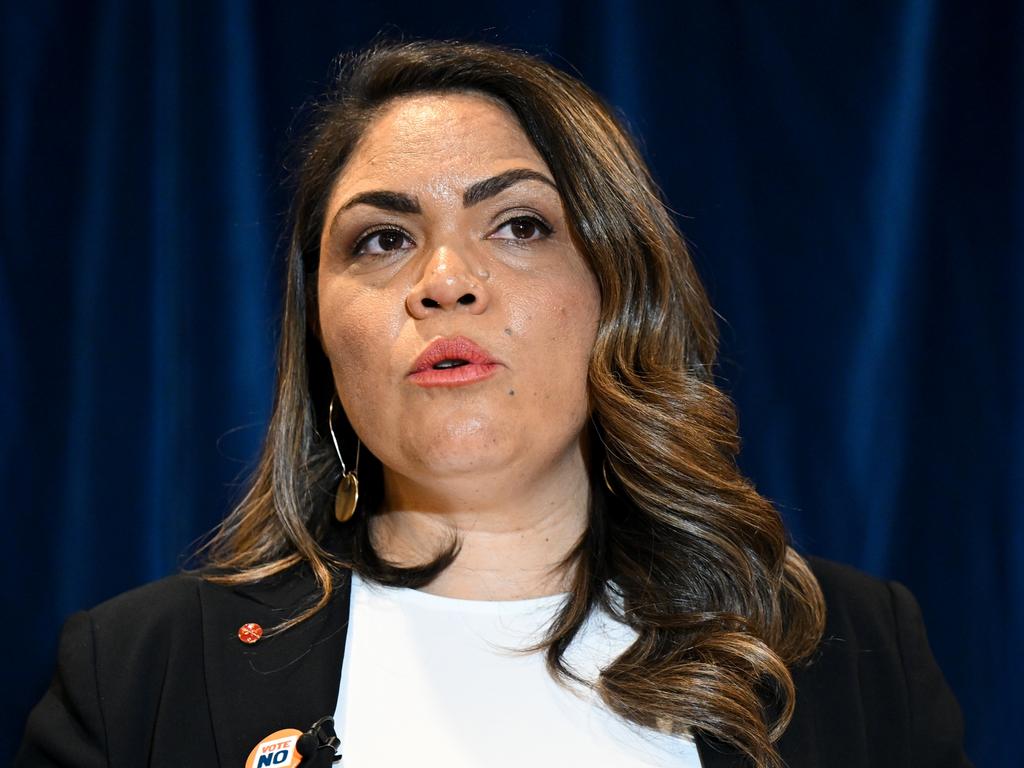Shorten footing Bill for union paymasters
IT’S a safe bet that Opposition Leader Bill Shorten’s claim to be “on the side of the angels” in the matter of the China free trade agreement won’t be tested by the ABC’s Fact Check Unit.
The angels are squarely on the other side of the argument — they’re standing with those who have been working for economic growth and the welfare of the nation for the past few decades, not running shady protection rackets as Shorten’s puppet masters have done from within the ranks of the historically corrupt rogue Construction, Forestry, Mining and Energy Union. On Friday, as Melbourne endured its first tram strike in 18 years, the Victorian boss of the CFMEU, John Setka, struck a new low targeting the AFL football finals for strike action with the declaration: “It is the finals time, right? What a wonderful time to have an industrial campaign.” That’s right, what a wonderful time to disrupt a major driver of domestic tourism in the same manner the CFMEU has driven up costs of construction since the Gillard government removed the Australian Building and Construction Commission, the construction sector watchdog. Tipping more than $13 million into the ALP coffers over the past 19 years, with at least $145,000 going to The Greens, the CFMEU holds the puppet strings and the purse strings to the two parties responsible for blocking Australia’s economic growth. How much of the CFMEU’s political slush fund has come from corrupt collections from employers is difficult to guess but it is unlikely the union ensured that only “clean” money went to Labor. Last month, the Fair Work Building & Construction (FWBC) had 52 cases before the courts across Australia, more than it, or its predecessor agencies — the Building Industry Taskforce (BIT) and the ABCC ever had before the courts at one time. FWBC is the federal agency responsible for enforcing coercion, unlawful industrial action, right of entry, discrimination and freedom of association laws on building and construction sites across Australia. Of the 52 cases currently in court, six have employers named as respondents and eight matters involve employees. Forty-six of the 52 cases (88 per cent) have the CFMEU and/or CFMEU officials named as respondents. This figure includes 62 CFMEU representatives, including national secretary Dave Noonan, five state secretaries, seven assistant state secretaries, one president and one vice-president. In addition, there are 14 CFMEU officials facing the Fair Work Commission in relation to federal right of entry submissions made by FWBC. In total there are 69 CFMEU representatives who are either before the courts, the Fair Work Commission, or both. Of the 52 cases before the courts, the majority relate to alleged coercion, unlawful industrial action and right of entry breaches. FWBC director Nigel Hadgkiss said the record number of court cases was a reflection of what was happening in the industry. He said in the last financial year, the courts issued $1.396 million in penalties in FWBC cases. The vast majority ($1.179 million) were fines against the CFMEU and its affiliates. In total they have been fined $6.1 million. Shorten has been captured at press conferences in the contested seat of Canning parroting scripts prepared by the CFMEU for its mendacious anti-China free trade agreement advertisements. Almost precisely word perfect, he repeats the CFMEU line: “Mr Abbott’s made a choice, he just hasn’t chosen Australian jobs.” The Canning by-election to fill the vacancy created by the death of incumbent Liberal Don Randall is being fought on conventional grounds. The unions have made the initial running, putting people on the ground and spending big, saving Labor funds for the last days before the September 19 poll. The arrow-shaped electorate lies south of Perth, with the pointy end to the north. At the top lies Armadale, where entrenched unemployed congregate and give Labor a stronghold; on the coast, the former beachside retirement centre of Mandurah is now a thriving commuter community which should stay with the Liberals; further east and south are smaller towns and villages, some small businesses and some pockets of tree-changers. The Liberals’ candidate, former SAS Captain Andrew Hastie, is pitted against Labor lawyer Matt Keogh, and there are nine other candidates; a Green, two from conservative Christian groups and the rest representing shades of Left, populist and protest groups. Attempts by the CFMEU and its muppet Shorten to use the contest to stall the China free trade agreement endanger the drive to cushion the national economy against the slowing in the Chinese economy and the easing of demand for Australian mineral exports. As Deloitte Access Economics partner Chris Richardson told The Australian on Friday: “The task of budget repair is still absolutely hostage to bipartisanship on the one hand and riding the China rollercoaster on the other.” Labor has thrown its lot in with the economy-wrecking vandals of the trade union movement and shows no bipartisan willingness to aid in restoring the economy it so recently wrecked. That puts the onus on recalcitrant Senate crossbenchers and, in lesser sense, the voters of Canning, to give the government the tools it needs to continue its task of economic repair.






